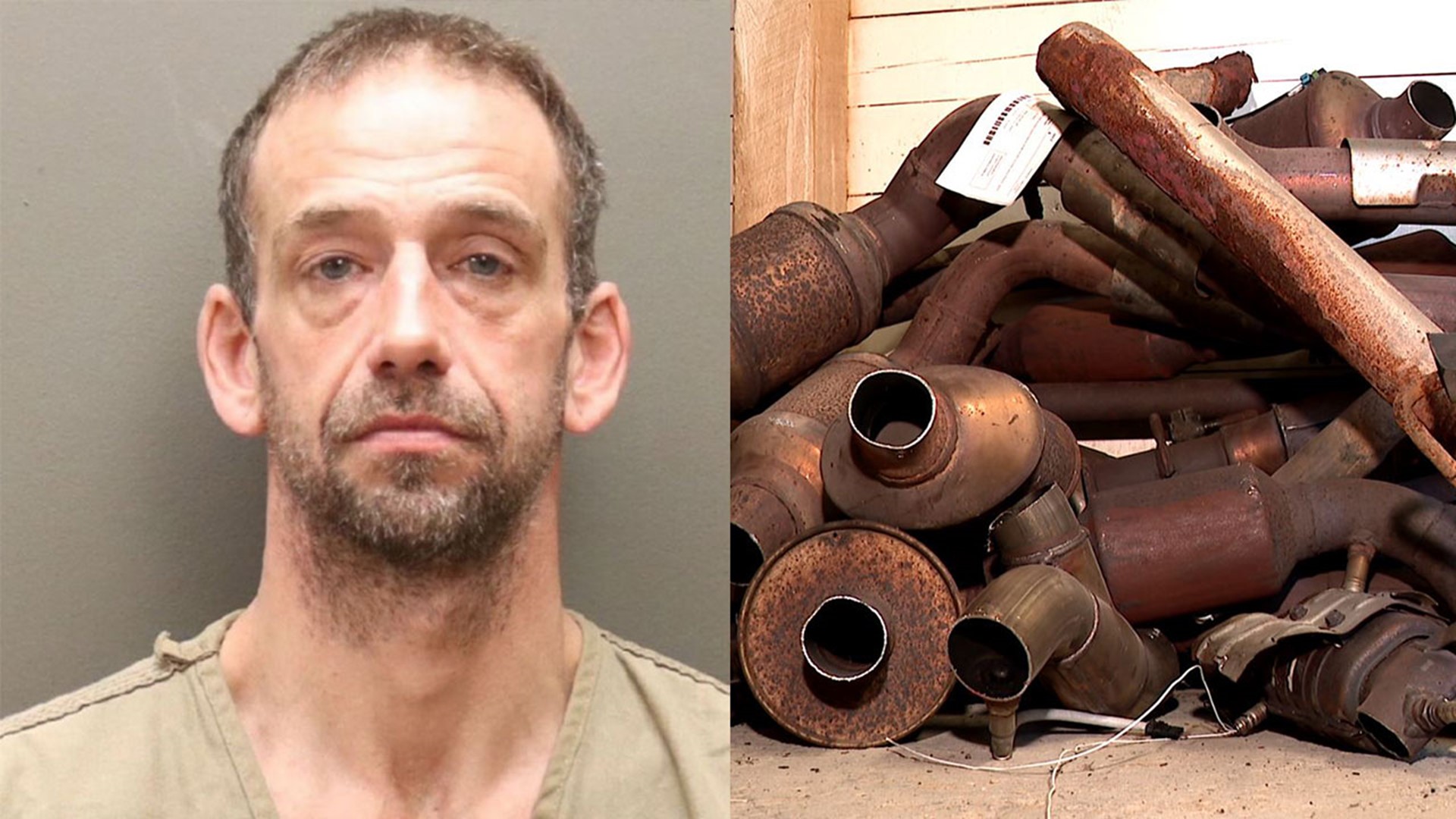GROVEPORT, Ohio — A major bust earlier this month may help slow down thefts of catalytic converters in central Ohio, but detectives say unless lawmakers fix a loophole, the crimes will ultimately continue at a high rate.
After a nine-month investigation, Groveport Police Detective Josh Gilbert helped build a case that led to one of the largest takedowns of an alleged catalytic converter thief.
Tommy Cox, of south Columbus, is accused in more than 1,100 catalytic converter thefts. He was indicted March 4 on 32 felony counts including theft, receiving stolen property, money laundering and engaging in a pattern of corrupt activity.

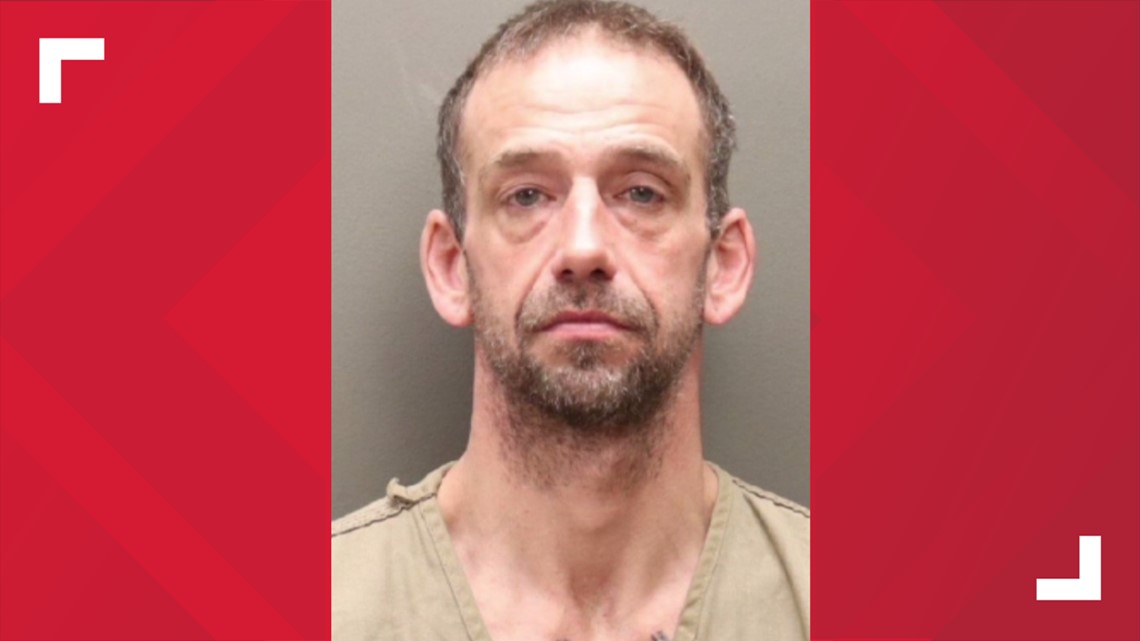
Why thieves target a vehicle's catalytic converter
Thefts of the exhaust emission control devices from vehicles have jumped over the past two years as prices for the precious metals they contain have skyrocketed.
Thieves sell the converters to scrap yards, which then sell them to recycling facilities to reclaim the precious metals inside, including platinum, palladium and rhodium.

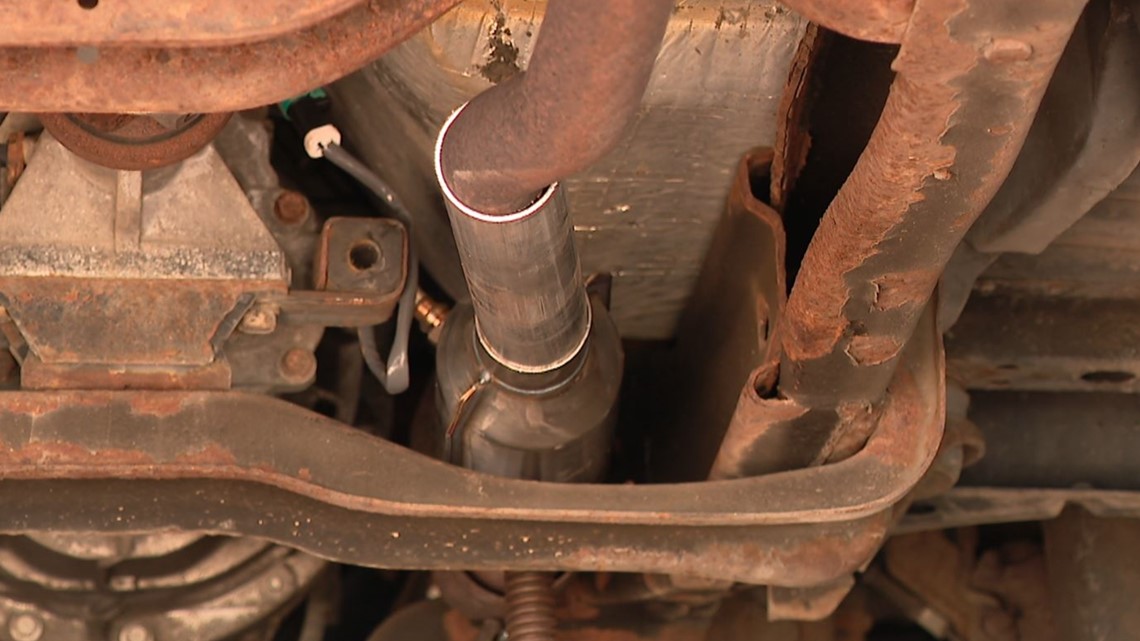
The cost for victims of catalytic converter thefts
For victims, the costs of replacing a stolen catalytic converter can easily top $1,000 and make their vehicle undrivable for days or weeks as the part is ordered and installed.
Among the alleged central Ohio theft ring's victims was Susan White who drives an employee transport van to several warehouses in the area. All six of her vans had their catalytic converters sawed off.
"They hit these a lot because they're up high off the ground, they can get under really quick and get out," White said.
White said she would never have known a crime was committed because you can't see the damage walking up to the vehicle. It wasn't until she started the van that she knew something was wrong - when she heard the loud roar.
Today, the catalytic converters under Smith's fleet are protected with a steel cage to prevent thieves from taking them.

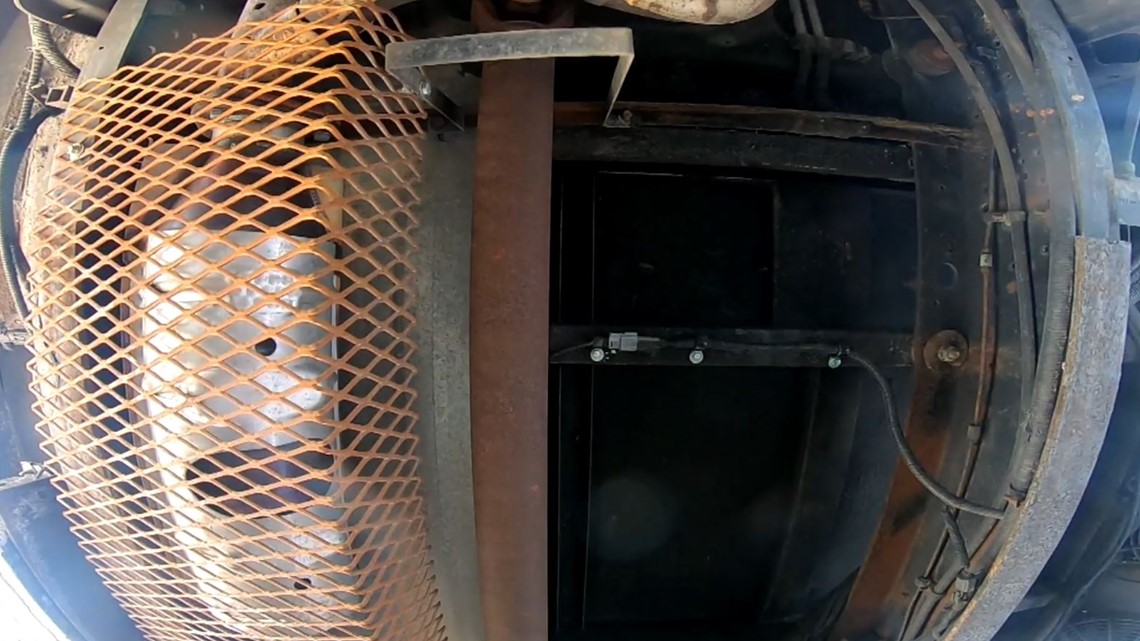
They weren't cheap to replace. White said it cost about $1,500 per vehicle.
Detective Gilbert tied the catalytic converter thefts of Susan White's vans to Cox along with 15 other thefts in the city of Groveport.
Taking down the theft ring in central Ohio
Police say Tommy Cox was running the catalytic converter theft ring tied to stolen catalytic converters in Franklin, Fairfield, Licking, Muskingum and Morrow counties.
Cox was allegedly paying people to cut catalytic converters as well as stealing them himself. Detective Gilbert said he's been able to confirm that Cox has scrapped 1,171 converters.
Three others, Carl Vance, Shannon Vance and Michael Butcher were also charged in connection to the theft ring.

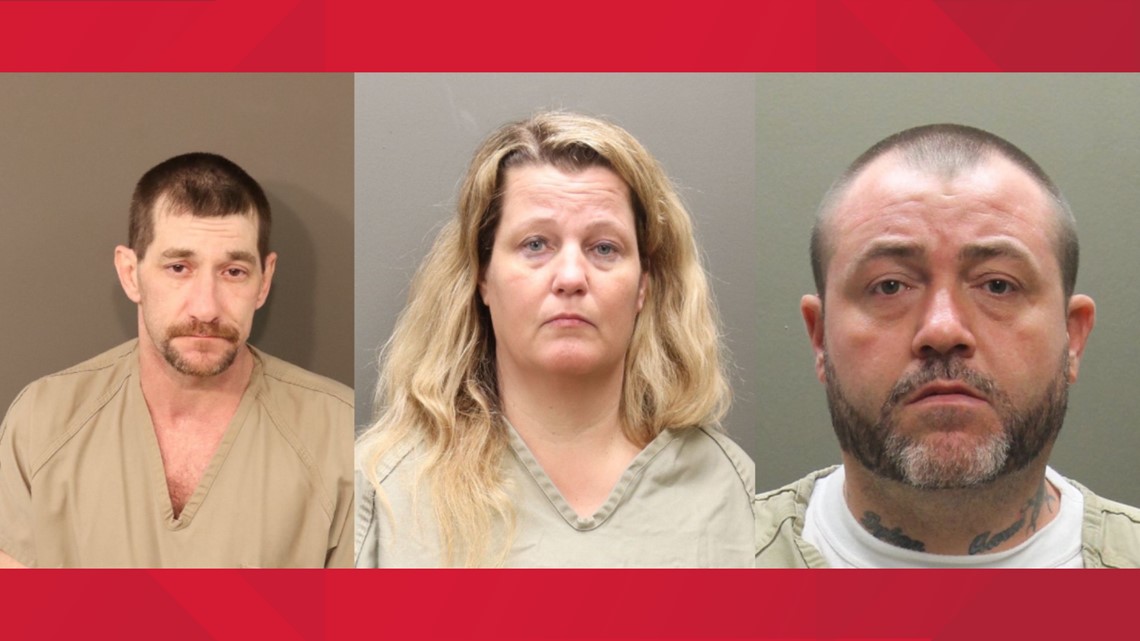
According to Gilbert, Cox was able to find some of his victims using an Apple Airtag, a $30 piece of technology that people may use to track their kids, pets or valuables. Cox would allegedly place the tracking device under someone's car and wait for them to park at another location.
Police said Cox's home in south Columbus was heavily surrounded by surveillance cameras, and he used them to help escape capture at least once.
When Franklin County SWAT did catch Cox and his girlfriend, they found 24 catalytic converters inside his home along with guns and a credit card-making machine.
Ohio law only allows one person to sell one catalytic converter per day per scrap yard. So how was Cox able to sell so many of the devices?
Loophole in Ohio law
Detective Gilbert said Cox's illegal enterprise was able to flourish because of a loophole in Ohio law that allows anyone who forms a business with the Secretary of State's Office to sell as many catalytic converters as they want.
"He's one of the first ones that has found this loophole," Gilbert said. "There's no law that says a business can't bring 50 catalytic converters in a day."
Ohio law also doesn't require people to prove ownership when selling the devices.
The state ranks eighth in the nation when it comes to thefts of catalytic converters, according to a State Farm survey in 2021.
"This does affect everybody because it drives up insurance rates and things of that nature, so in a sense, everybody is a victim," Gilbert said.
So, what's being done in Ohio to stop the thefts?
State Representative Bob Young (R-Green) says he is working on legislation to address the issue.
Young introduced House Bill 408 in September of 2021 to make it harder for criminals to sell bundles of catalytic converters. He said the bill will close the scrap metal loophole by requiring dealers to prove ownership of every single catalytic converter they purchase.
"If the scrap metallers are policing themselves they wouldn't be looking at additional regulations, " Rep. Young said.
Young said the bill has received pushback from the recyclers who argue police aren't doing enough to check the logs of "bad actors" in the business and they also fear the legislation will end the sale of catalytic converters to scrappers across the state.
Detective Gilbert said the law could be stronger by eliminating cash payments to scrapers.
"When you can walk into a scrap yard and be issued $1,500 cash it makes it virtually untraceable for law enforcement. It leaves no paper trail," Gilbert said.
Police believe Cox's arrest, and the arrests of his accomplices, may help reduce the number of catalytic converter thefts in central Ohio, but until the law changes, thieves will continue to crawl under cars in search of a quick score.
Ways to protect your car
There are ways to protect your converter being stolen, according to the International Association of Auto Theft.
The first step is to engrave a number, like the vehicle identification number (VIN) or at least the last eight numbers of it, on your catalytic converter. Another option is to purchase a commercially produced marker kit which comes with a label that provides an identification number onto each converter. If the label is removed, the etched ID number will remain visible for the catalytic converter owner to be quickly verified.
You can learn more about how to engrave your catalytic converter and other ways to protect it from being stolen here.
__

